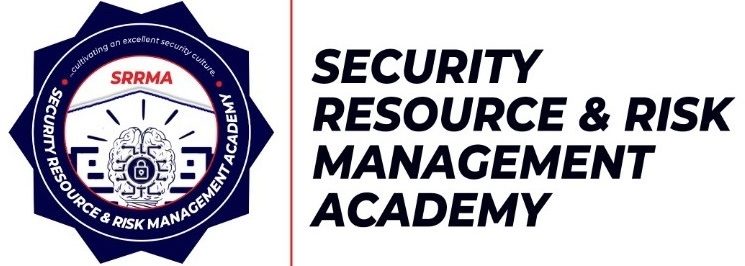Duration
3 days
Pricing
- Self-Paced (₦200,000)
- Online (₦150,000)
- Onsite (₦200,000)
Course Information:
A practical training program that focuses on deploying and configuring industry-leading security tools for enhanced protection and monitoring of IT environments.
Practical Hands-On Training:
• Real-life cyber threat case studies
• Interactive threat hunting and attack simulation exercises
• Best practices from top cybersecurity intelligence frameworks
Benefits from the Course:
• Certified Emergency Manager (CEM) Credential
• Nationally Recognized Emergency Management Qualification
• Enhanced career growth in security, safety, and crisis management
• Improved decision-making skills in high-pressure situations
• Networking opportunities with industry experts
• Confidence in handling emergencies effectively
• Comprehensive Training Materials
Key Modules:
• Firewalls and Intrusion Detection Systems (IDS/IPS)
• Endpoint Detection and Response (EDR) Solutions
• Security Information and Event Management (SIEM)
• Identity and Access Management (IAM) Tools
Why You Must Register for This Course:
• Certified cybersecurity intelligence professionals are in high demand globally
• Increase your earning potential and industry credibility
• Gain an internationally recognized certification to boost career growth
Who Should Attend?
- Cybersecurity Analysts and Threat Intelligence Specialists
- IT Security Professionals and Incident Response Teams
- Ethical Hackers and Penetration Testers
- Risk Management and Compliance Officers
- Government and Military Cyber Operations Personnel
- Law Enforcement and Digital Forensic Investigators
- Security Managers and Cyber Resilience Planners
- Business Continuity and Disaster Recovery Professionals
- Individuals Seeking a Career in Cyber Threat Intelligence
Participant Requirements:
• Basic understanding of cybersecurity principles and threat analysis
• Professional experience in IT security, penetration testing, or incident response (recommended)
• Commitment to ethical cybersecurity practices
• Laptop with minimum specifications:
• 8GB RAM (DDR3 to DDR6)
• SSD Drive (Minimum 256GB)
• Windows/Linux Operating System with Virtualization Support
